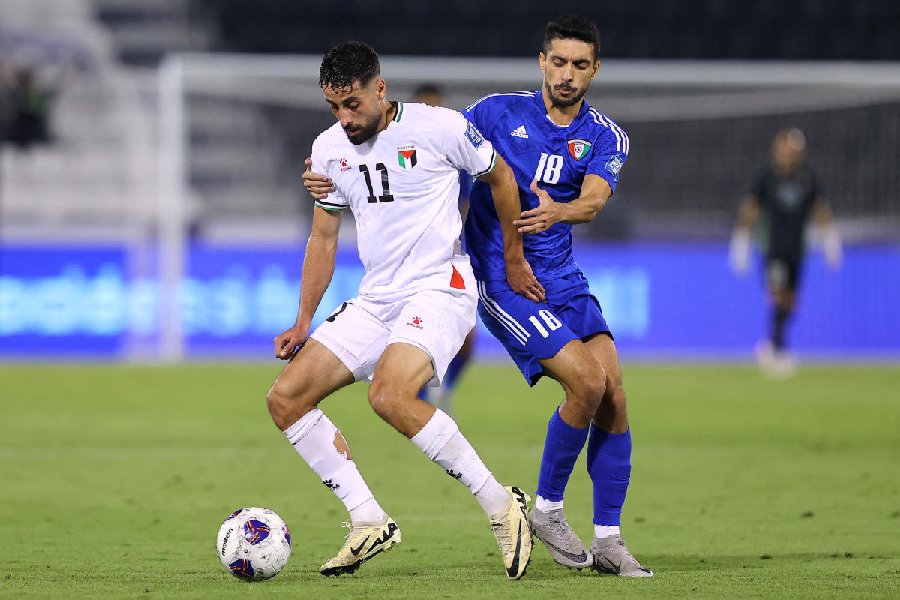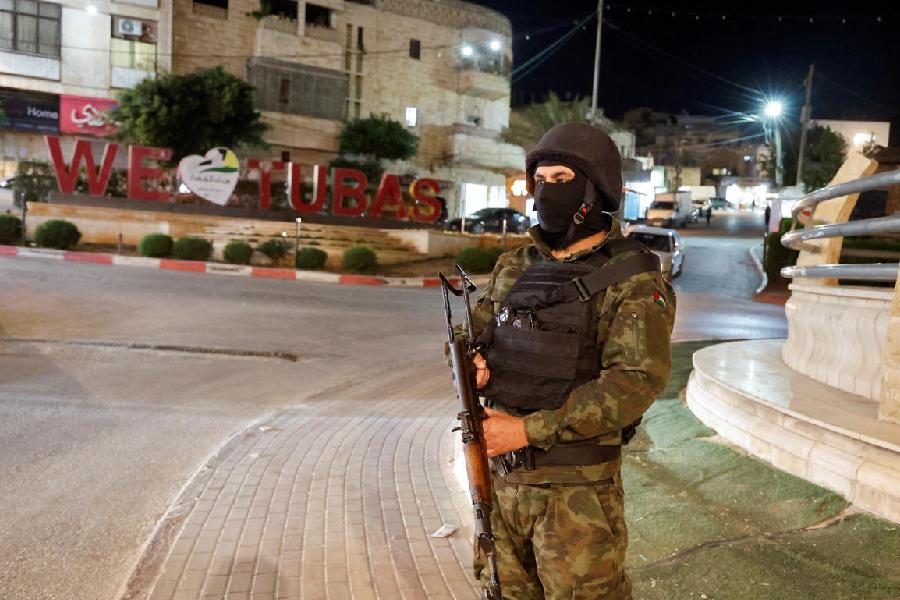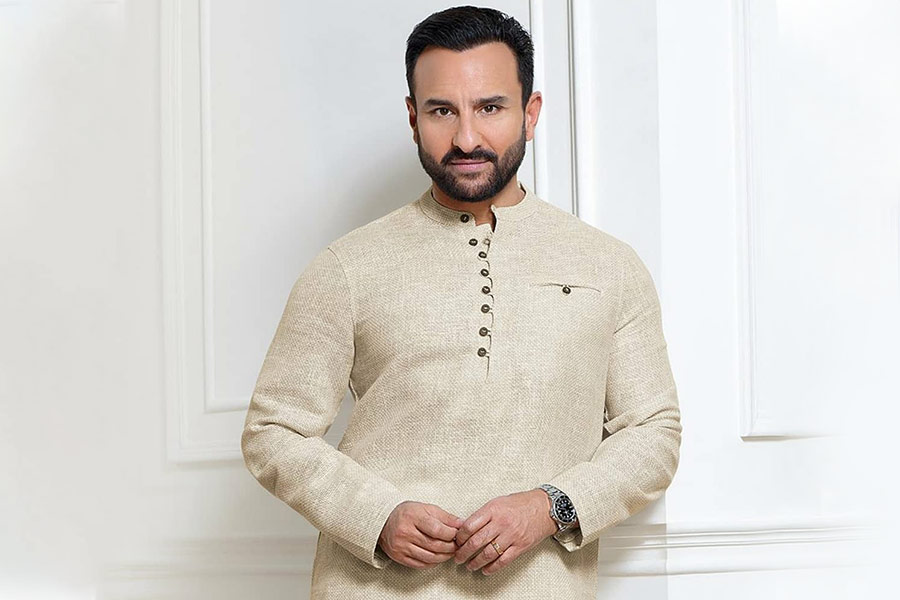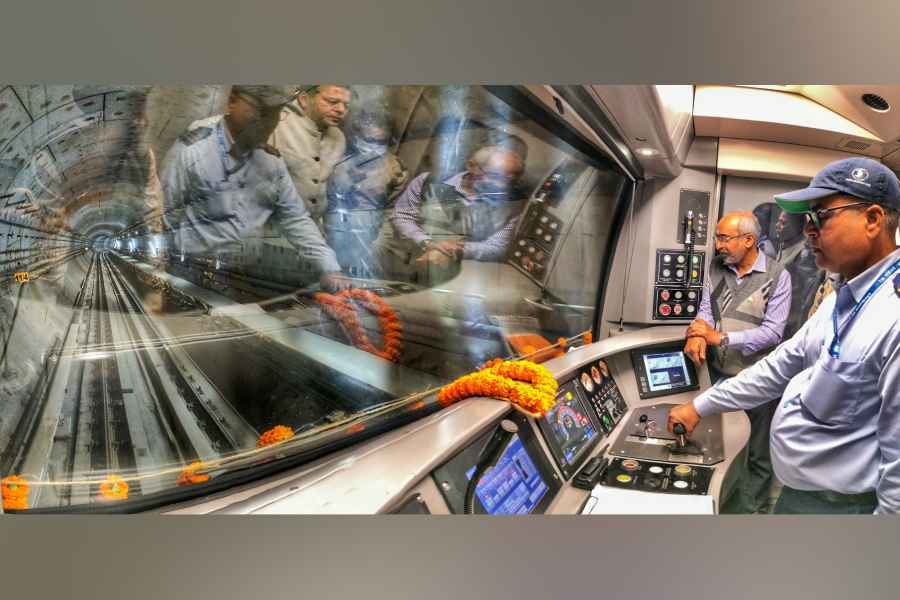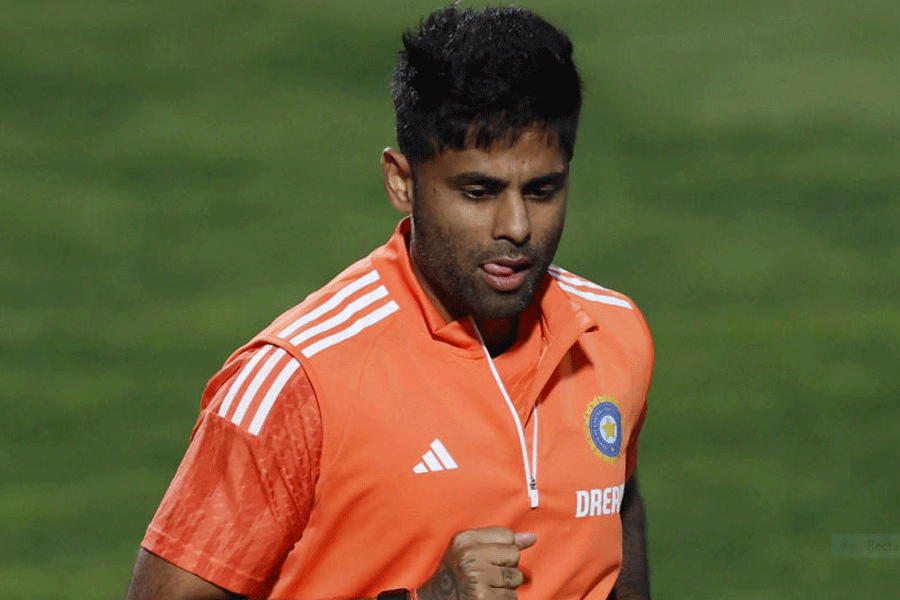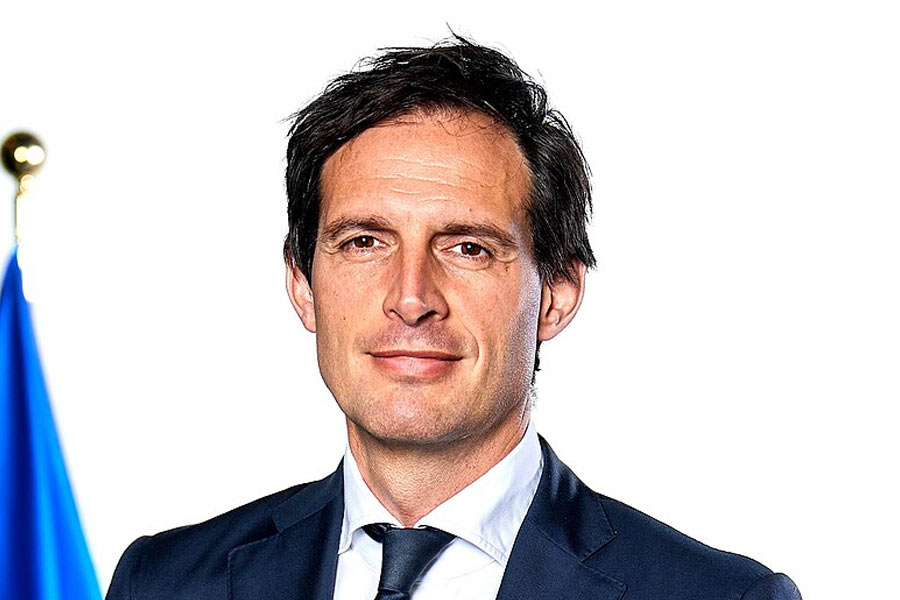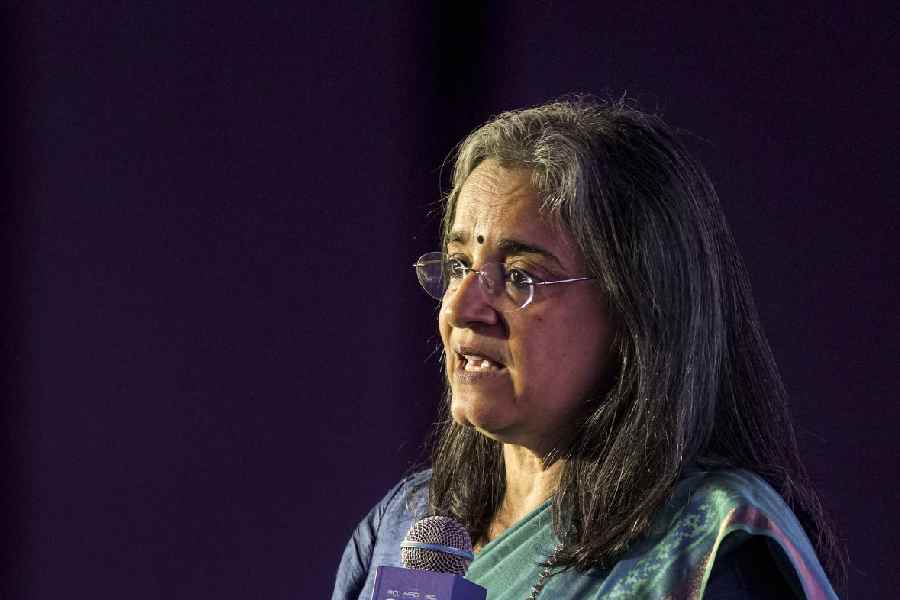Palestine's quest to qualify for the World Cup finals for the first time underlines the determination to overcome the devastation caused by the Gaza conflict, the president of the Palestinian Football Association (PFA) has told Reuters.
The PFA faced obstacles to on-field success few other national teams have come up against even before Israel launched its military offensive on Gaza last year in response to an attack by militant group Hamas on its southern border.
Coach Makram Daboub and his squad, however, have confounded the odds and retain a chance of representing Palestine at the 2026 finals in the United States, Canada and Mexico.
"The restrictions on our movement, the suffocating policies by the Israelis have paralysed everything," Jibril Rajoub, the PFA president, said in an interview with Reuters last week.
"We suspended everything, including the national league, but in spite of this we have insisted on continuing our participation in competitions, and that includes the World Cup qualification.
"We have a real problem because we could not bring any athletes from Gaza, and tens of them have lost their lives. In Gaza all sport facilities have been destroyed, including most of the clubs, the stadiums and everything are destroyed.
"In the West Bank, they are suffocating us, we cannot do anything. But this is our determination, our commitment."
Violence has surged in the West Bank since the start of the war in Gaza, with almost daily sweeps by Israeli forces that have involved thousands of arrests and regular gunbattles between security forces and Palestinian fighters.
'Motivation'
While the expanded 48-team format for the 2026 finals offered a golden opportunity for the likes of Palestine to play in the showpiece tournament, plenty of work remains to be done if they are to secure a spot.
Bottom of Group B with two points from four matches, Palestine renew their campaign against Oman in Muscat on Nov. 14 before "hosting" South Korea five days later.
It has been five years since Palestine have been able to host an international in Jerusalem and their clash with the group-leading Koreans will take place in Jordan's capital Amman.
"It will never be like home," Rajoub said. "We like Jordan, we like Amman but we like to play in Jerusalem, we like to play in our home but this is what we have.
"We cannot play at home and this is financially (difficult). For the first time we will play in Jordan, which is close. I hope some of our fans from Palestine can come.
"We have the right to host. We have to overcome with our determination, our people's resilience, our commitment. We have no other choice."
A trip to the World Cup would help ease those financial pressures - each team in Qatar two years ago went home with at least $9 million -- and Palestine have already had some encouraging results in the third phase of Asian qualifying.
A surprise 0-0 draw with the South Koreans in Seoul in their group opener in September was followed by a draw against Kuwait last month.
While securing a direct ticket to the finals is unlikely, Palestine could advance to another round of playoffs with a third or fourth placed finish in the group and are currently only a point behind fourth=placed Oman.
"I think they are doing well," Rajoub said. "This is the first time in our history we have qualified for the third phase in spite of the situation.
"We don't have a national league so it's not easy. Some athletes have lost their lives or their colleagues or mentors or coaches. This also, psychologically, will have an effect but despite this we are trying and playing well.
"It could also be a source of motivation for the athletes."

